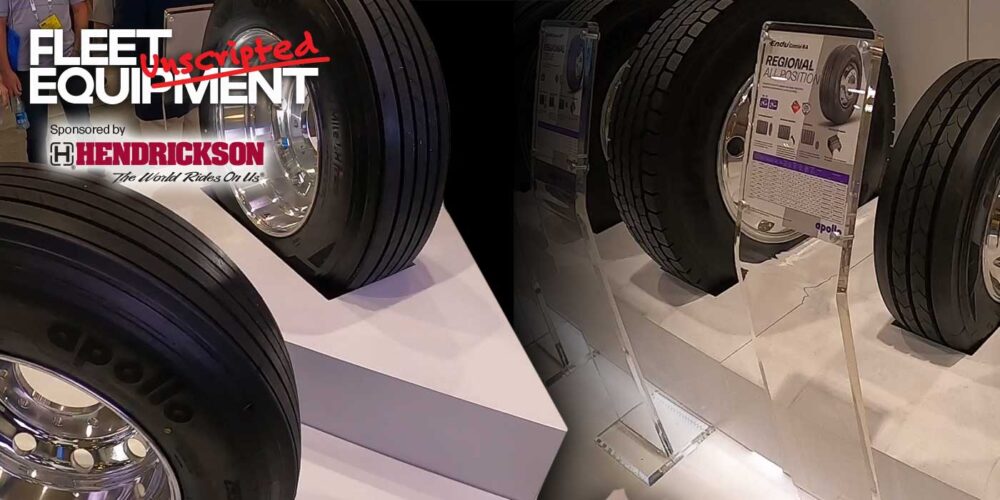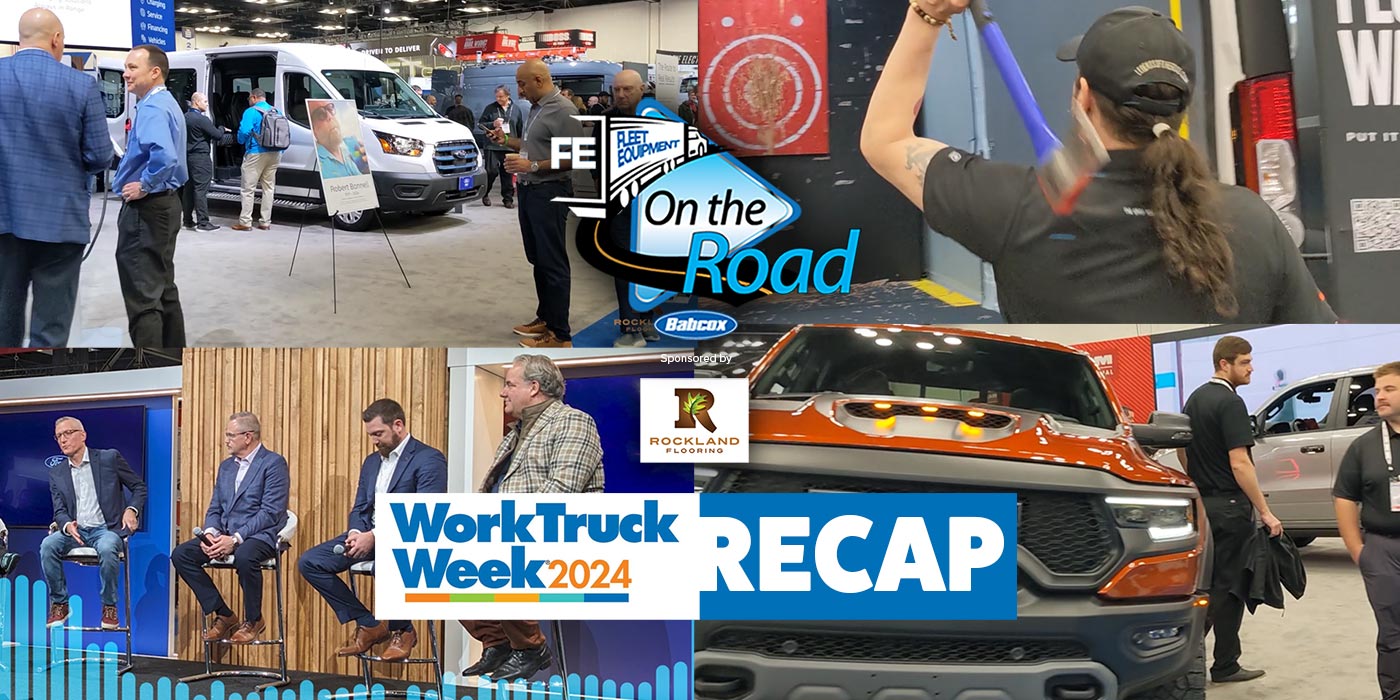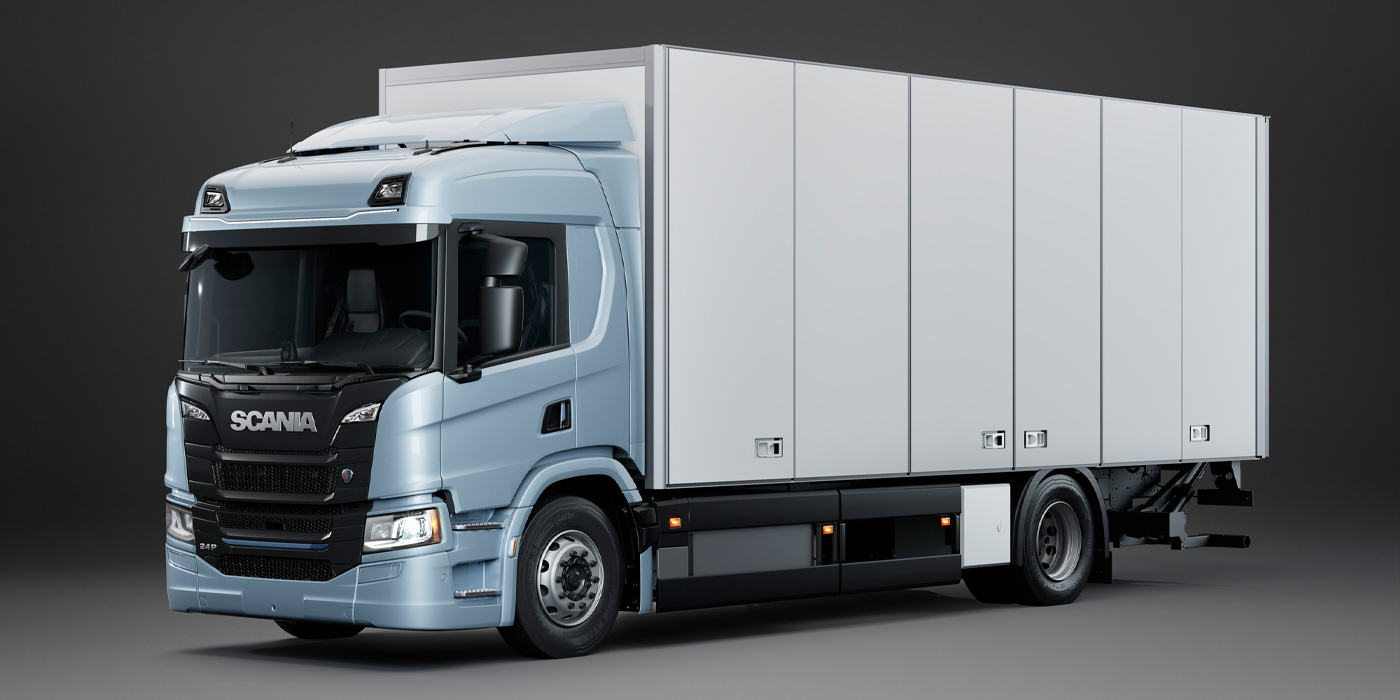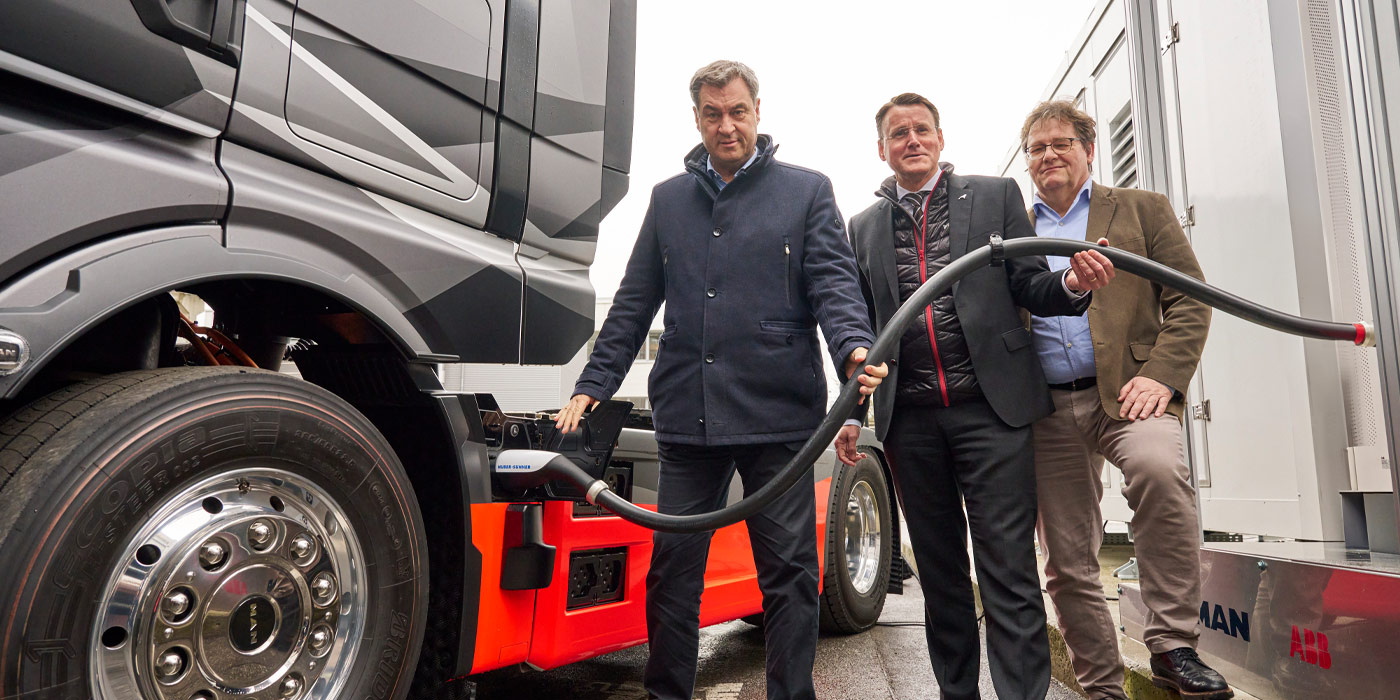So, you’ve taken the steps to prepare your shop for the arrival of its first electric truck, but the next step is just as crucial: Making sure that your technicians have the information and the training they need to safely and properly work on an electric truck.
Click here to watch more of FE’s On the Road video series.
Here is a transcript of the video:
Hydrogen cell and battery-electric vehicles operate with very high voltage, so technicians need to know how to safely shut down and disconnect these systems prior to working on the vehicle, not to mention prior to working on any of the high-voltage components individually.
Now there’s no need to go overboard here unless you have a ton of electric vehicles in your fleet. More than likely, all your technicians won’t need to be trained on high voltage usage, but it wouldn’t hurt to make sure that all technicians have at least a basic understanding of EV safety and precautions.
For technicians that will be working on the mechanical and low-voltage systems of the vehicle, a short electrical safety familiarization course is probably all that is necessary. Additionally, all technicians that will be working with or around Lithium ion batteries will need a battery safety course.
But, just know that with these vehicles, high voltage systems are everywhere, and there’s plenty of opportunity to be exposed to a severe electrical shock. Motors, inverters, HVAC systems and the air compressor are all driven by high voltage AC current and require specific training to safely service.
There are also a ton of EV-specific tools that are different than what you have traditionally used in your repair facilities, and some training will be required there as well.
It’s also important to go by the book when repairing these vehicles.
For safety reasons, the time-honored methods of experimental troubleshooting cannot be allowed on high voltage systems. Rather, all service and repair evolutions on these vehicles must be performed strictly according to the approved, electrical safety-checked procedures in the service documentation.
There are also a few hydrogen-specific items to be aware of if a hydrogen-powered truck joins your fleet.
For example, did you know the hydrogen cell system has an air filter for the blowers and compressor portion of the system? And, some use a de-ionizing filter for the coolant. The systems also have cylinders and a delivery system that require scheduled inspections.
Now while all of that may seem like significant extra work for your technicians, it’s balanced out by the many components that are missing from EVs when compared to internal combustion engine vehicles. For instance, the transmission and engine are gone, and with them any associated regular maintenance such as changing oil and filters. Another important feature of EVs is regenerative braking, which should lead to reduced maintenance and replacement for the brakes and brake pads.













